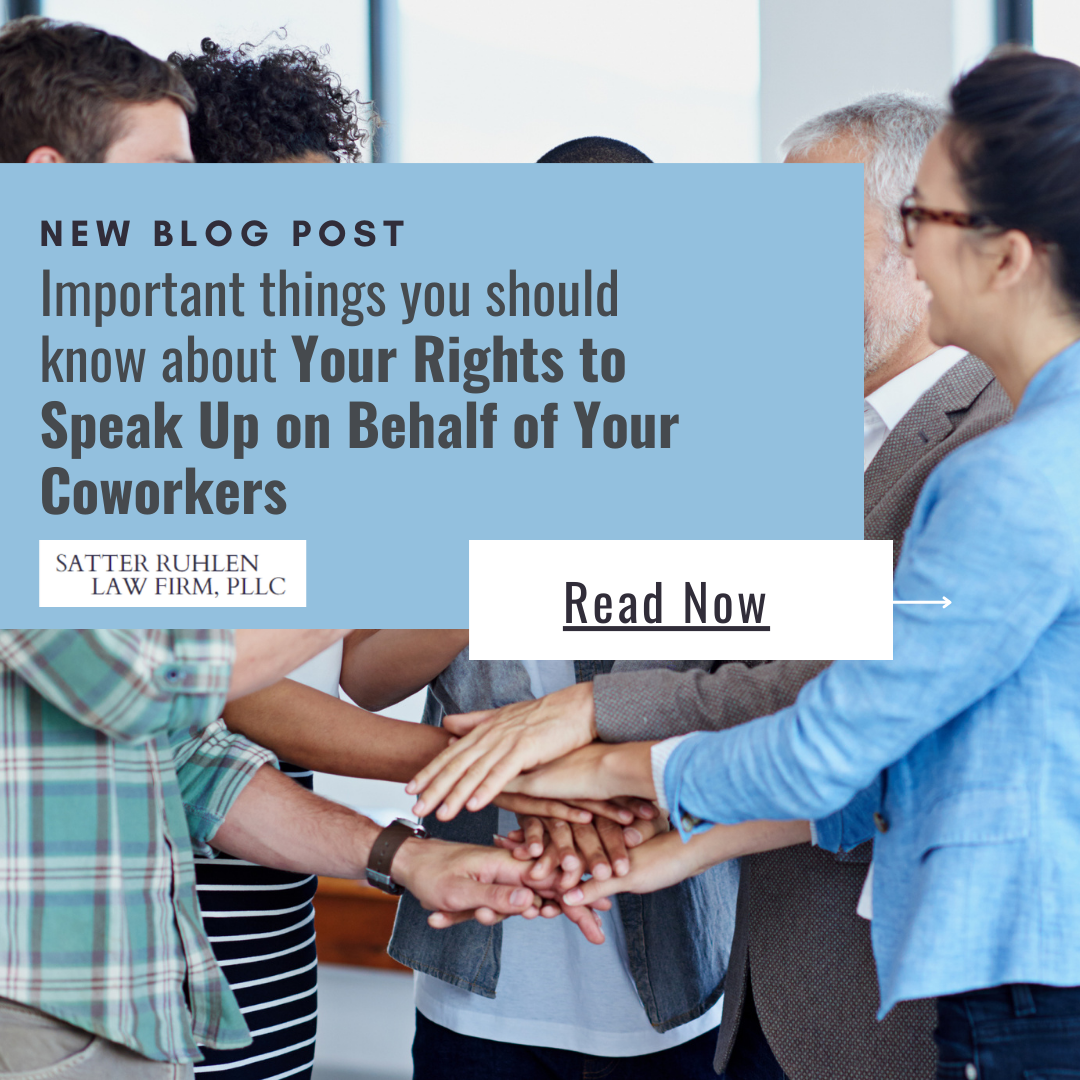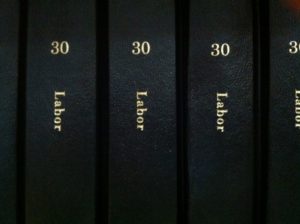Please note that the information contained in this post is for informational purposes and is not to be considered legal advice. This blog post does not create or imply an attorney-client relationship. If you would like to discuss your particular circumstances with us, please set up a consultation by contacting the Satter Ruhlen Law Firm at 315-471-0405 or through our website (https://www.satterlaw.com/contact-us/). We look forward to walking you through your workplace rights.
Generally speaking, under both
the ADA and the New York State Human Rights Law, a disabled employee should be
provided reasonable accommodations. What
constitutes a reasonable accommodation in the era of the coronavirus?
Accommodations: If an accommodation would allow an
employee to perform the essential functions of the job, an employer is required
to provide that accommodation unless the accommodation would constitute an
“undue hardship” for the employer.
“Undue hardship” usually (but not always) means the accommodation would
be cost-prohibitive. For instance,
depending on the size and financial condition of the employer, arranging to
have a desk raised a few inches in order to accommodate a wheelchair may not be
an undue hardship, but installing an elevator might be. The nature of the work to be performed is
another consideration; for instance, it could be difficult, if not impossible,
for a factory worker to telework; on the other hand, an accounting office may
have a relatively easy time moving its employees to telework.
Accommodations already provided
in the workplace may also be required in telework situations, provided they do
not create undue hardship. For example,
Example C of the EEOC guidance found at https://www.eeoc.gov/laws/guidance/upload/pandemic_flu.pdf
indicates that, if an employee has a screen reader as a reasonable
accommodation at work, and the employer issues notebooks to its employees so
that they can telework, the employer should issue that employee a notebook with
a screen reader installed.
If you are at heightened risk,
personal protective equipment [“PPE”] may be considered a reasonable
accommodation. To get PPE as a
reasonable accommodation, you will probably need to have your doctor fill out
paperwork that will allow the employer to determine what type of PPE it can
provide to you without undue hardship.
The Interactive Process: An employer does not have to provide the
exact accommodation requested. If an
employer receives an accommodation request, the employer and employee have a
duty to engage in an “interactive process,” which is usually a conversation or
series of conversations to determine what accommodation can be provided without
undue hardship. It is not a bad idea for both parties to document these
conversations. For example, if an employee asks for face masks as a reasonable
accommodation but the employer cannot get hold of face masks because of the
world wide shortage, it may be an undue hardship for the employer to provide
them. The interactive process might
result in an alternate arrangement, for instance, allowing the employee to use
an unused office with a door that closes and prohibiting other employees from
entering the office.
The EEOC notes that due to the
massive workplace disruption caused by the pandemic, employers may take longer
than usual to respond to requests for reasonable accommodations. At least for
the present, such delay is not grounds to charge an employer with failure to
accommodate.
What if your doctor states
that you should stay home due to a heightened risk of contracting coronavirus?
First, remember that under the New York State Paid Leave Act, a note from your doctor by itself is not sufficient to get you coronavirus-specific leave. New York coronavirus leave is only available if a government entity has ordered you to quarantine or isolate. (By contrast, under the FFFCRA, effective April 1, a doctor’s note will get you coronavirus leave. Please see Parts I, II, and III of this series for further discussion of eligibility requirements and paid leave amounts.)
If you do not have coronavirus
symptoms, but have a condition that puts you at increased risk, you need to
speak with your employer about getting a reasonable accommodation. This may mean having your doctor fill out
paperwork specifying your limitations and what accommodation you might
need. If it does not present an undue
hardship (say, in the accounting example above), telework can be a reasonable
accommodation.
Some industries need people
on-site. For example, health care workers and grocery store stockers are on the
front lines of this crisis. If you are
in an industry that does not lend itself to telework, and your doctor says you
have a heightened risk for coronavirus, then you may be able to request leave
as an accommodation.
Absent undue hardship to the
employer, leave can be considered a reasonable accommodation. However, leave of indefinite duration is
not “reasonable.” Therefore, if your
doctor says you should stay home “until further notice,” the employer may not
be required to provide you leave as an accommodation.
The leave may be unpaid. Depending whether you fit the eligibility requirements of the New York State Paid Leave Act or the FFFCRA, you may or may not be entitled to paid leave. Please see Part III of this series for a discussion of some of your options if you cannot get paid leave.



